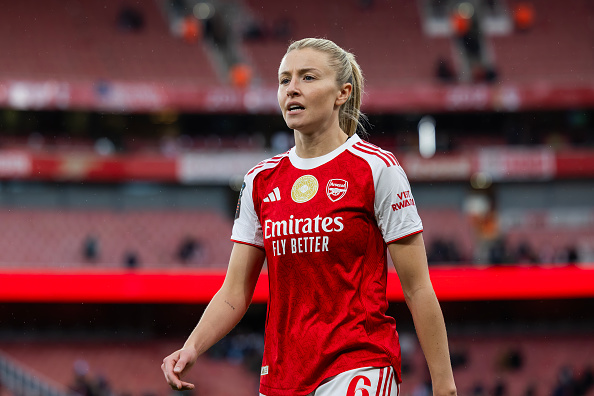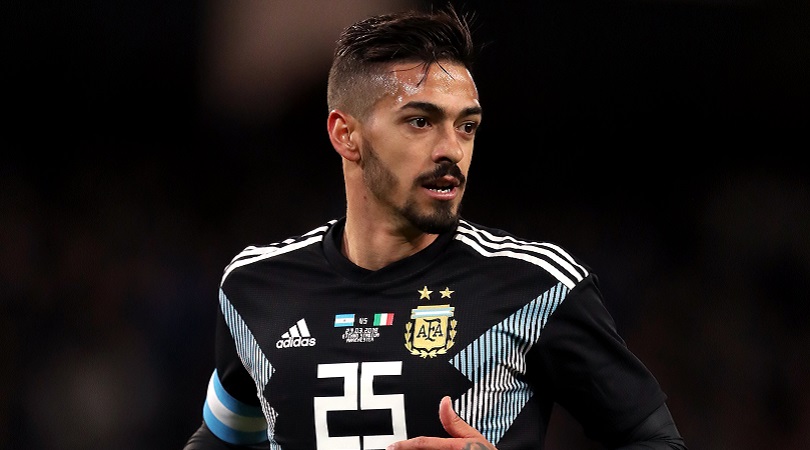
High-profile World Cup injuries
Manuel Lanzini suffered a heartbreaking cruciate knee ligament injury which ruled him out of the 2018 World Cup last week. The West Ham and Argentina playmaker called it an "extremely hard moment", but he isn't the only high-profile star to suffer a fitness setback on the eve of the biggest tournament of all...
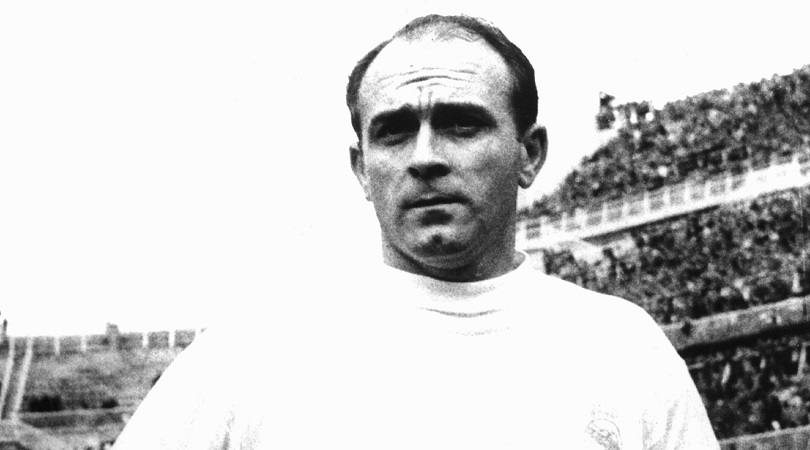
Alfredo Di Stefano (Spain, 1962)
Di Stefano is arguably the greatest player never to feature at a World Cup – despite representing no fewer than three national teams during his career. Born in Argentina, he turned out for the nation of his birth six times until a move to the much-vaunted Millonarios led to him pulling on a Colombia shirt between 1951 and 1952.
It was in 1962, after almost a decade with Real Madrid, that Di Stefano came closest to playing in international football’s showpiece event, having helped his adopted nation of Spain to qualify for the tournament in Chile. A muscular injury ruled him out of action, though, and he never got another chance.
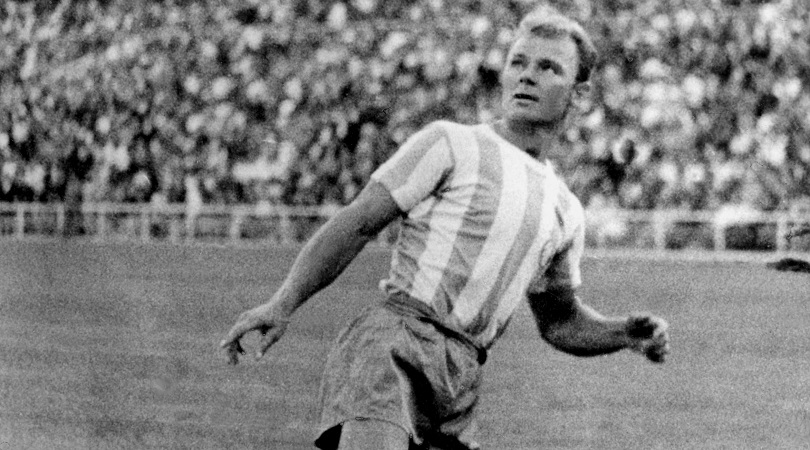
Laszlo Kubala (Spain, 1962)
Kubala’s story is a compelling one. He escaped from post-war Hungary into American-occupied Austria dressed as a Russian soldier on the back of a truck, and cheated death when he pulled out of a commitment to play for Torino in a testimonial against Benfica when his son, Branko, fell ill. The plane carrying the team crashed into the Superga Hills on its way back from Lisbon, killing all 31 people on board and bringing a tragic end to Il Grande Torino.
Kubala played for both Hungary and Czechoslovakia before his escape to the West, where he later represented Spain on 19 occasions and scored 11 goals. He was named in La Roja’s squad for the 1962 World Cup but missed out through injury.
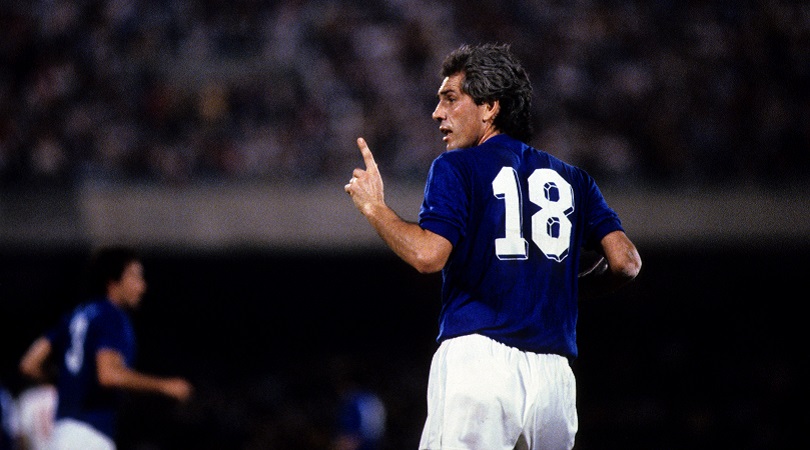
Roberto Bettega (Italy, 1982)
Bettega played for Juventus for 13 seasons, making more than 500 appearances in all competitions and helping the Old Lady to seven Serie A titles and a UEFA Cup triumph. He went to the 1978 World Cup and was named in the Team of the Tournament, scoring group stage goals against Hungary and hosts Argentina as Italy ultimately came fourth.
Four years later, Bettega should have been at his absolute peak. He was 31 years old with two major tournaments under his belt, having also played at Euro '80, and fresh from his seventh league title. But an almighty collision with Anderlecht goalkeeper Jacques Munaron in a November 1981 European Cup match caused a serious knee injury and ruled him out for the rest of the season.
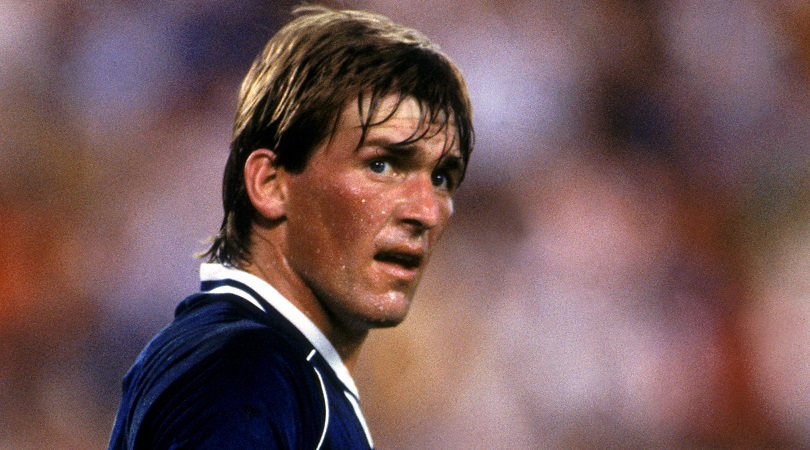
Kenny Dalglish (Scotland, 1986)
Dalglish had played in the first leg of the intercontinental play-off between Scotland and Australia ahead of the 1986 World Cup, shortly after guiding Liverpool to the First Division-FA Cup Double in his first season as player-manager.
Alex Ferguson led Scotland at the tournament after the death of Jock Stein, but they had to do without their star man Dalglish. King Kenny was named in the original squad of 22 but pulled out with a knee knack, although rumours at the time suggested he had done so in protest at the non-selection of Alan Hansen, his Liverpool team-mate.
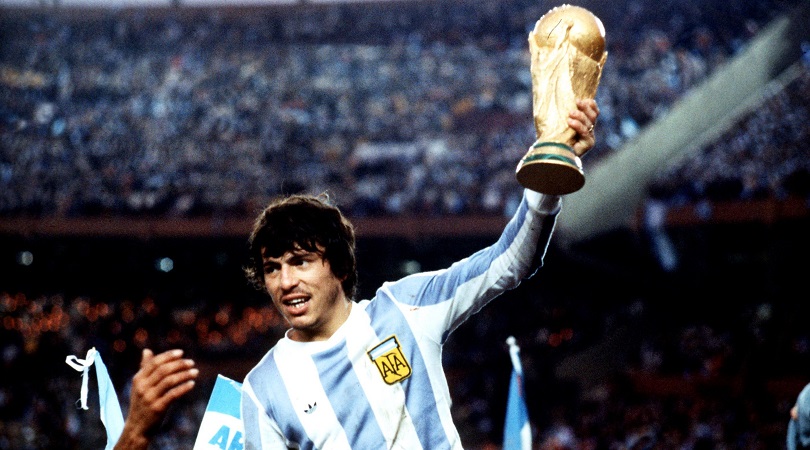
Daniel Passarella (Argentina, 1986)
Passarella captained Argentina to World Cup success on home soil in 1978, and was named in the squad for Mexico '86 eight years later despite a fractious relationship with Diego Maradona. Passarella accused Maradona of taking drugs before the tournament; El Diego hit back with claims that Passarella had racked up a huge phone bill to his mistress in Monaco but wouldn't admit it, despite his number showing up on the bill.
A difficult decision was avoided, though, when Passarella – a bona fide legend of the Argentine game and held in much higher regard at home than Maradona – contracted a bout of enterocolitis that left him bed-ridden and unable to play.
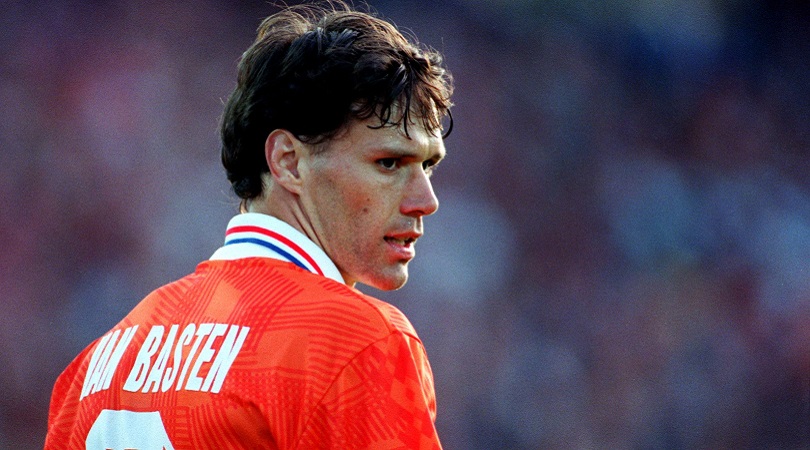
Marco van Basten (Holland, 1994)
There was a time when Van Basten was the greatest striker on the planet; a supremely elegant striker capable of the spectacular. In reality, the Dutchman played his last game for Milan a whole year before USA '94. He had rushed back from a previous injury to be involved, but a terrible challenge from Basile Boli didn’t just end Van Basten’s involvement in the match, it effectively ended his career.
Van Basten did play at a World Cup – Italia ’90 – but never scored a goal and his Holland side didn’t win a game. The striker struggled even in qualifying for international football’s flagship tournament but excelled at continental level, with his goals firing the Netherlands to their only trophy to date: Euro '88.
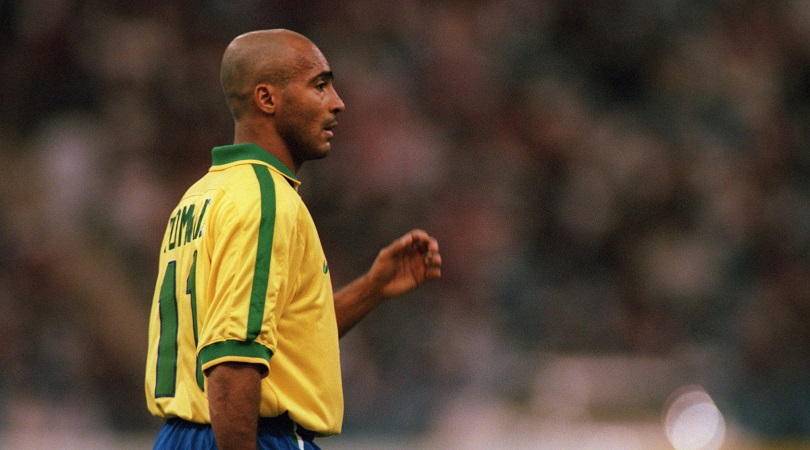
Romario (Brazil, 1998)
Romario was USA ’94's best player, his goals and excellent form earning him the Golden Ball and propelling Brazil to World Cup victory. Four years later, a muscular injury prevented him from helping the Selecao defend their title, with the news breaking on the day that final squads were submitted to FIFA.
The striker held a tearful press conference in Rio that day, telling the world that his calf injury wouldn’t heal in time. Not even the unconventional intervention of his mother, who sought the help of a departed Spanish physician through a medium, could hurry along Romario’s recovery.
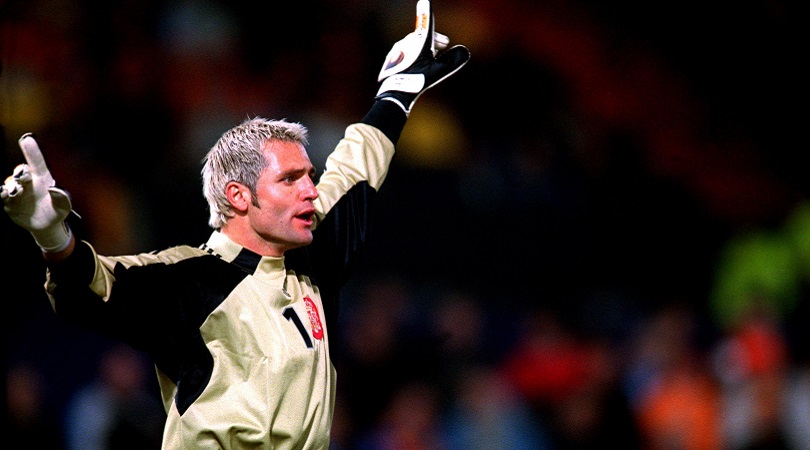
Santiago Canizares (Spain, 2002)
Going into the 2002 World Cup, Valencia keeper Canizares had won 35 caps and was La Roja’s first choice between the posts. But a fortnight before the tournament started, and just three days before the group were to leave for Korea, Canizares dropped a bottle of aftershave in his hotel room. It smashed, severing a tendon in his right foot that required emergency surgery, and cruelly ended his hopes of making the trip.
Canizares was surprisingly philosophical about the whole situation. “I don't consider myself to be unlucky by any means,” he told reporters. “From the start of my career I've had several strokes of good luck but, just like everyone else, I've also had difficult times which I've had to cope with.”
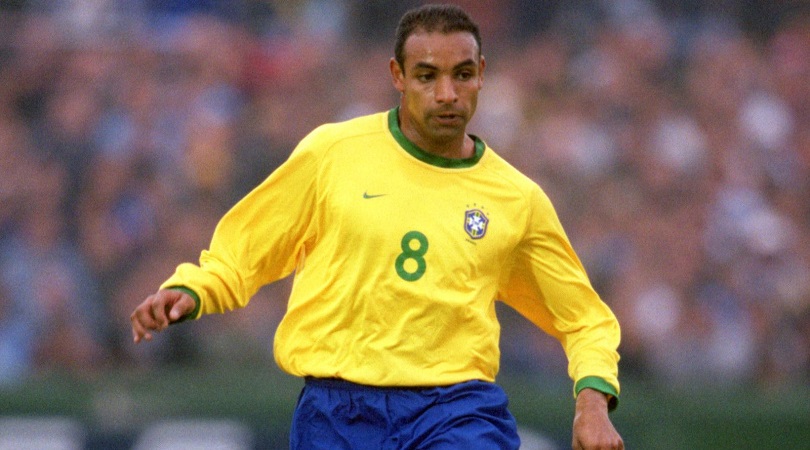
Emerson (Brazil, 2002)
The man who replaced Romario at France '98 suffered a dislocated shoulder in training ahead of the 2002 competition in Japan and Korea. Having been trusted with the captain’s armband by coach Luiz Felipe Scolari, Emerson was playing in goal in a light-hearted practice match when he fell awkwardly on his shoulder. The bad news was relayed to him in the dressing room shortly after.
His replacement, Gilberto Silva, played every minute of every match as Brazil dazzled their way to the final, beating Germany 2-0 courtesy of two second-half goals from Ronaldo.
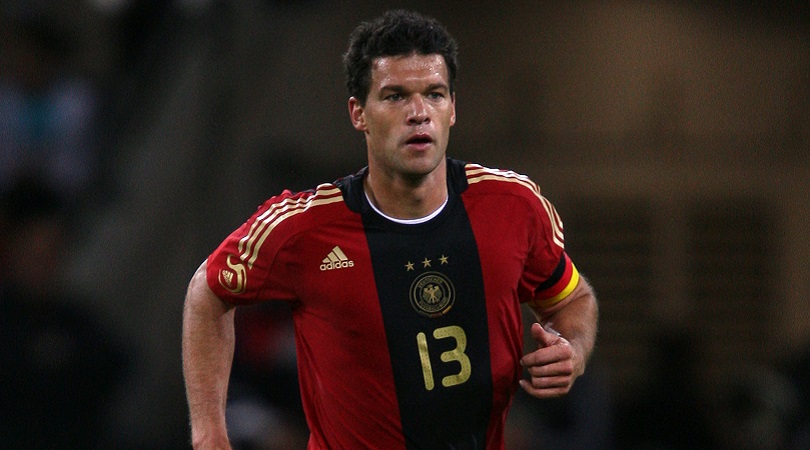
Michael Ballack (Germany, 2010)
Chelsea midfielder Ballack missed out on the 2010 World Cup in South Africa following a challenge by Kevin-Prince Boateng in the FA Cup Final. He had been massively influential throughout the qualifying campaign, and this tournament was supposed to be his international swansong – plus the occasion to mark his 100th cap, no less.
Ultimately neither happened; Ballack left Chelsea that summer and returned to the Bundesliga with Bayer Leverkusen, but a series of injuries meant he never recovered his best form. Ironically, Ghana's Boateng played against Germany at the World Cup while Ballack watched from the stands, having travelled to offer his moral support to the team.
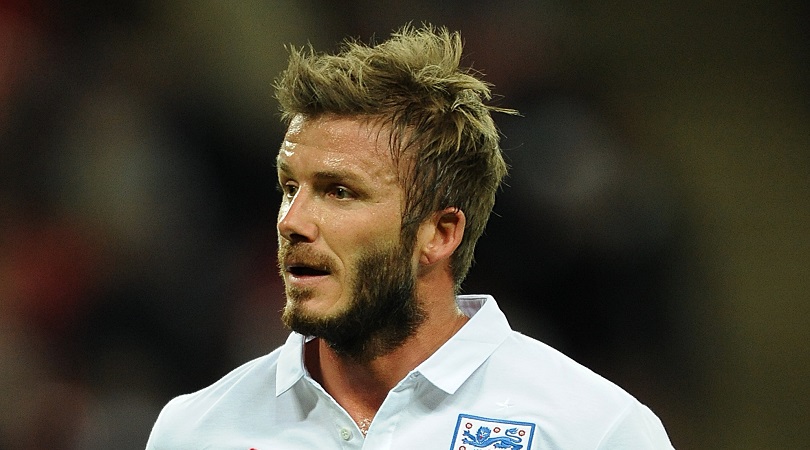
David Beckham (England, 2010)
Beckham’s hopes of going to South Africa were ended in March 2010 when he ruptured his Achilles tendon in a Serie A victory for Milan over Chievo, dashing his hopes of a fourth World Cup with England.
In his international career, the midfielder transformed himself from national pariah (following his red card at France '98 against Argentina) to becoming England’s most-capped outfield player, surpassing World Cup-winning captain Bobby Moore. The last qualifier for the 2010 World Cup was his 115th and final England cap, with Fabio Capello rebuilding after a poor showing in South Africa.
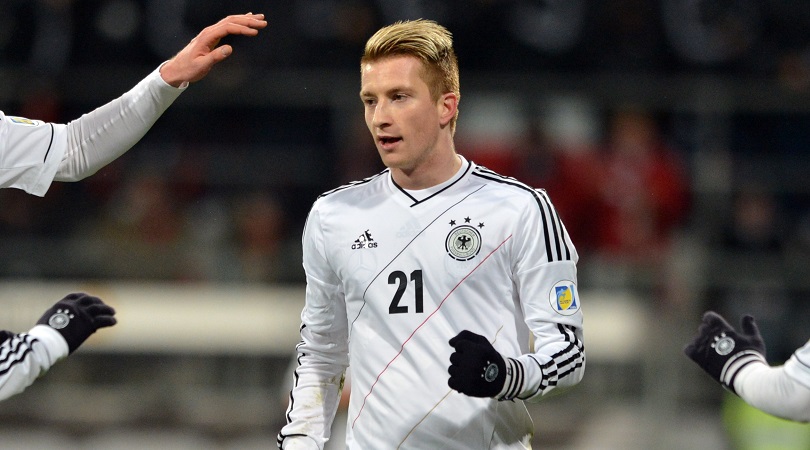
Marco Reus (Germany, 2014)
Dortmund forward Reus has been incredibly unlucky with injuries throughout his career, and even the neutral will be pleased to see him make Joachim Low’s 23-man squad for Russia 2018 after his latest comeback.
Four years ago Reus wasn’t so lucky, missing out as Germany went on to win the tournament in Brazil, and watching on from home as his nation swept the hosts aside in one of the most astonishing World Cup matches of all-time. A partial tear of ankle ligaments suffered in a World Cup warm-up match against Armenia ruled him out of the finals.
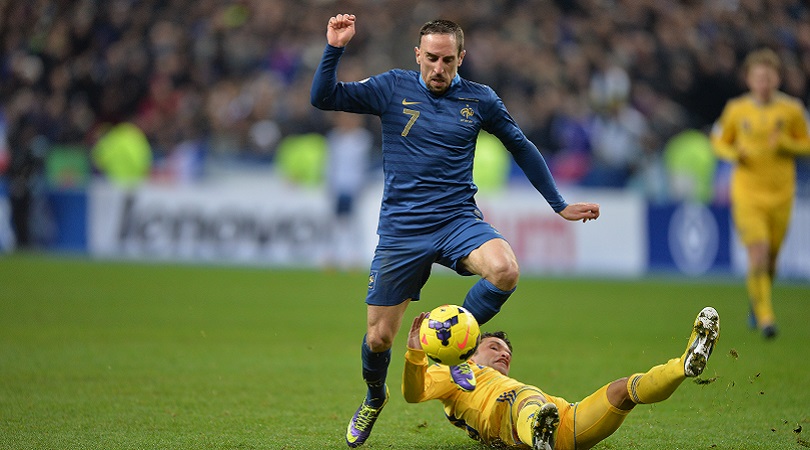
Franck Ribery (France, 2014)
Bayern Munich winger Ribery was instrumental in qualification for the 2014 World Cup, scoring five goals as the 1998 winners came second in their group behind reigning champions Spain. Ukraine were dispatched in a second-leg play-offs comeback, and France duly set off for Brazil.
Unfortunately for them, however, it was without their talismanic winger: Ribery aggravated a back injury just days before the tournament and was replaced by Remy Cabella. It was a blow for both player and team – the forward had contributed six goals and 12 assists in his previous 12 matches, and finally begun to display the same form for France that had led to him becoming one of the most dangerous attackers at club level.
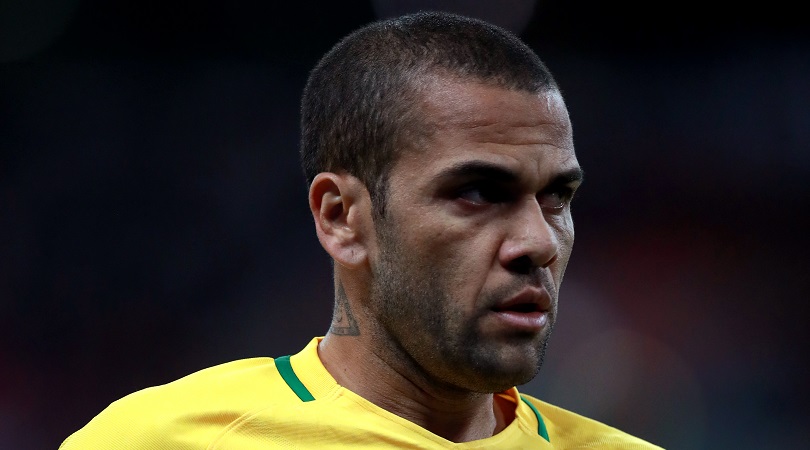
Dani Alves (Brazil, 2018)
PSG full-back Alves has been capped 104 times by Brazil – only legendary World Cup winners Cafu, Roberto Carlos and Lucio have earned more in the history of the national team. Despite his advancing years, he would have been a starter for Brazil at this World Cup after enjoying a trophy-laden first season in the French capital, helping PSG to the Ligue 1 title and both domestic cup competitions.
It was in the Coupe de France final against third division side Les Herbiers that Alves injured his ACL. Initial reports suggested that he would be able to recover in time for international football’s showpiece event, but it quickly became clear that his hopes of righting the wrongs of 2014 were gone.
Greg Lea is a freelance football journalist who's filled in wherever FourFourTwo needs him since 2014. He became a Crystal Palace fan after watching a 1-0 loss to Port Vale in 1998, and once got on the scoresheet in a primary school game against Wilfried Zaha's Whitehorse Manor (an own goal in an 8-0 defeat).
 Join The Club
Join The Club











